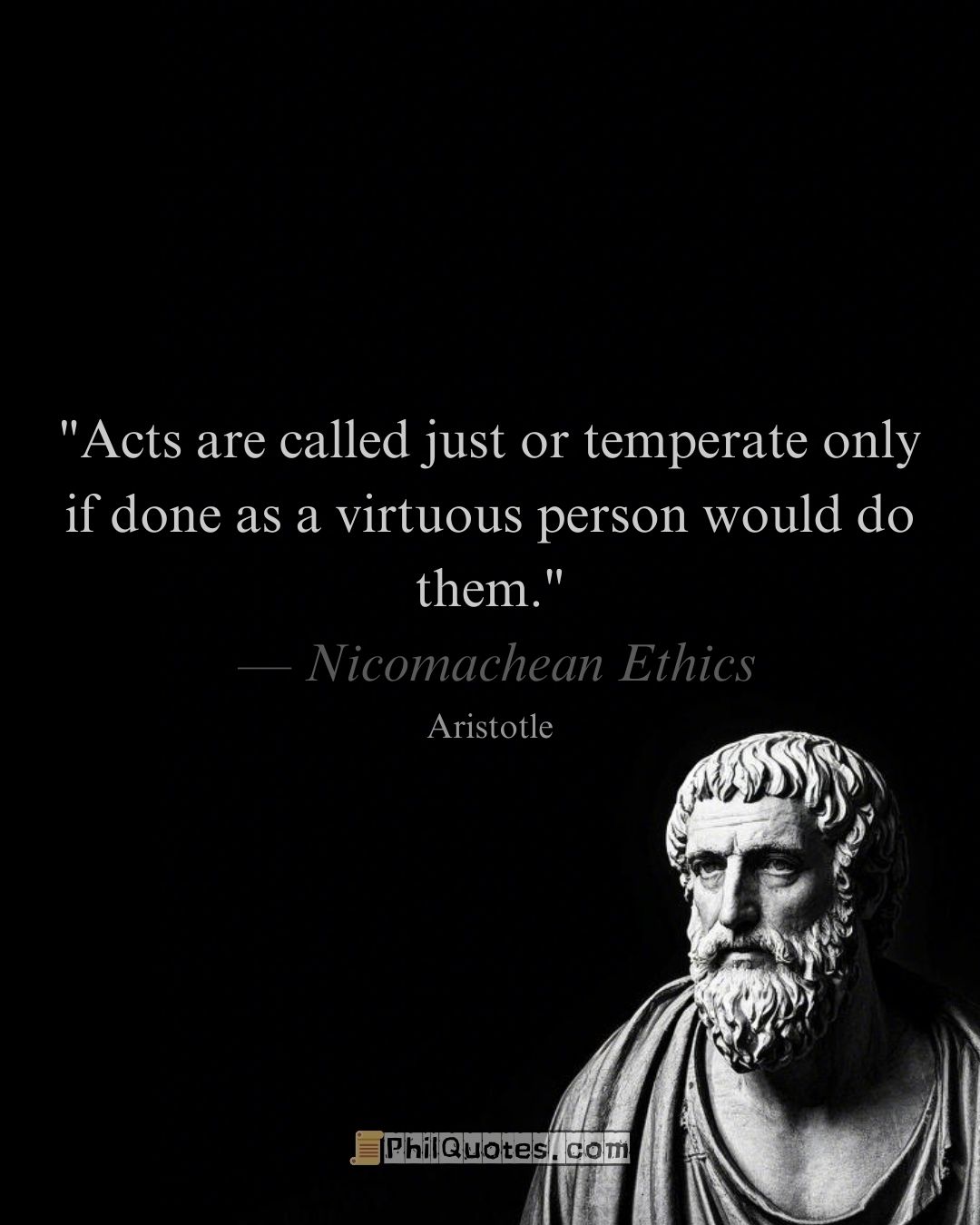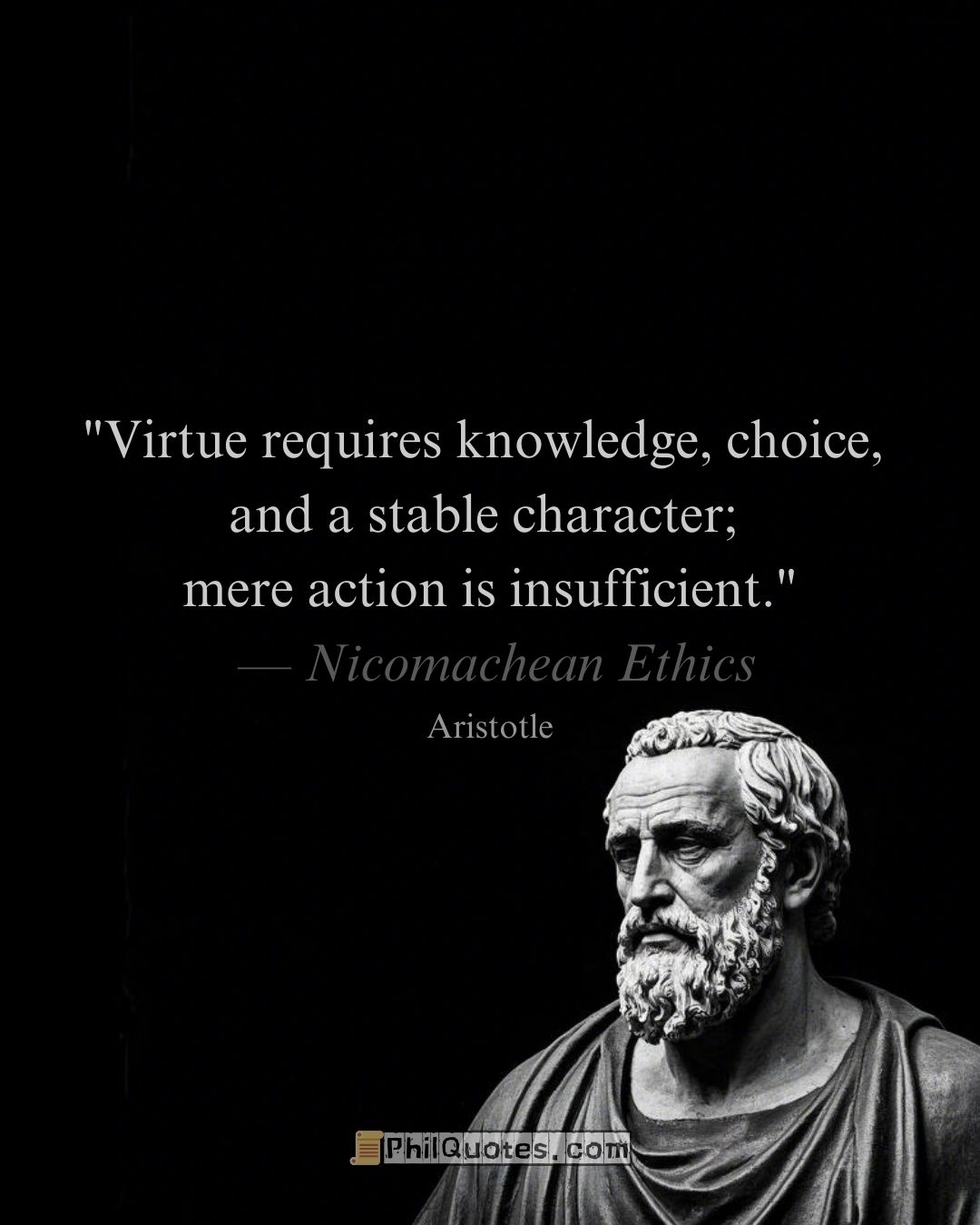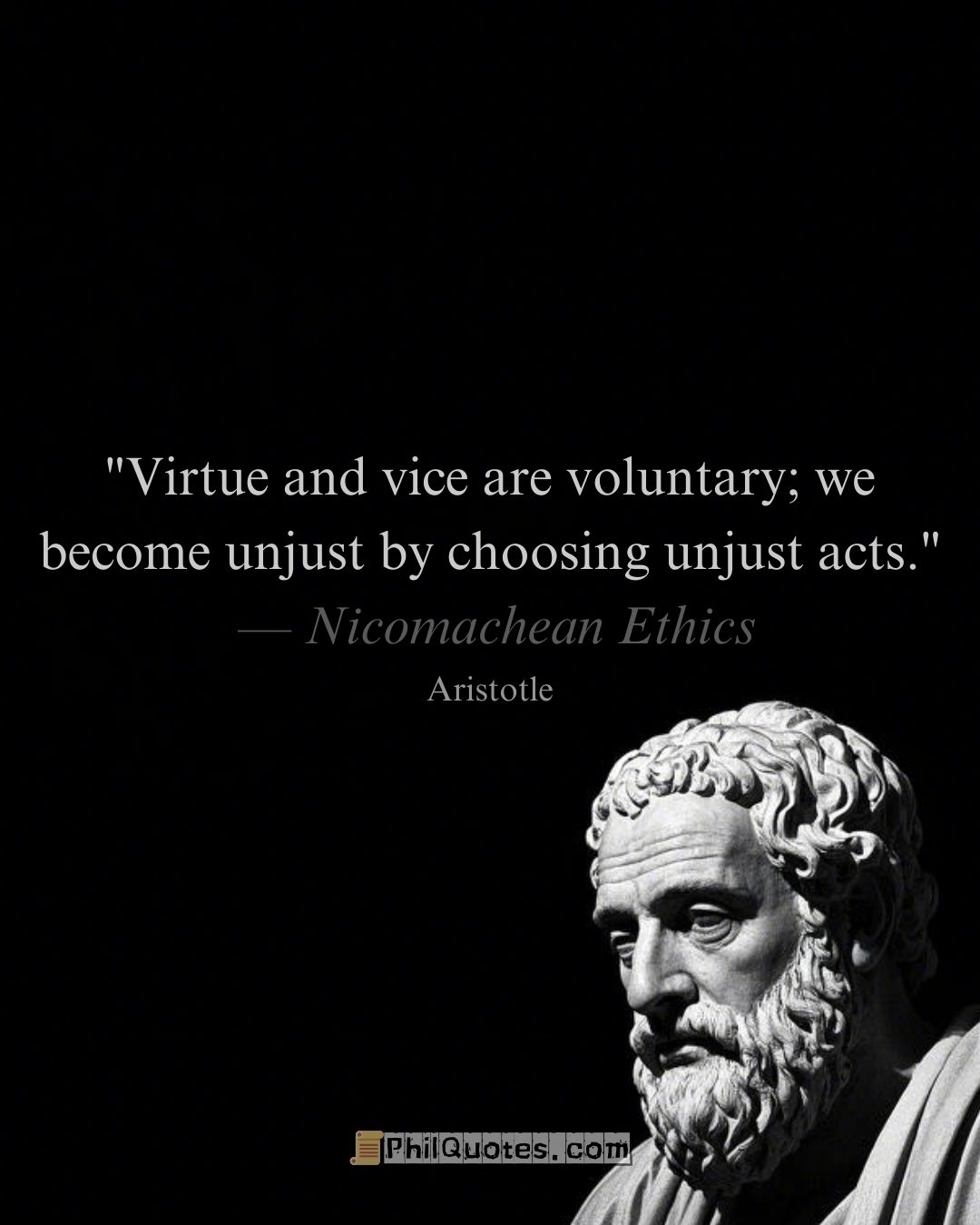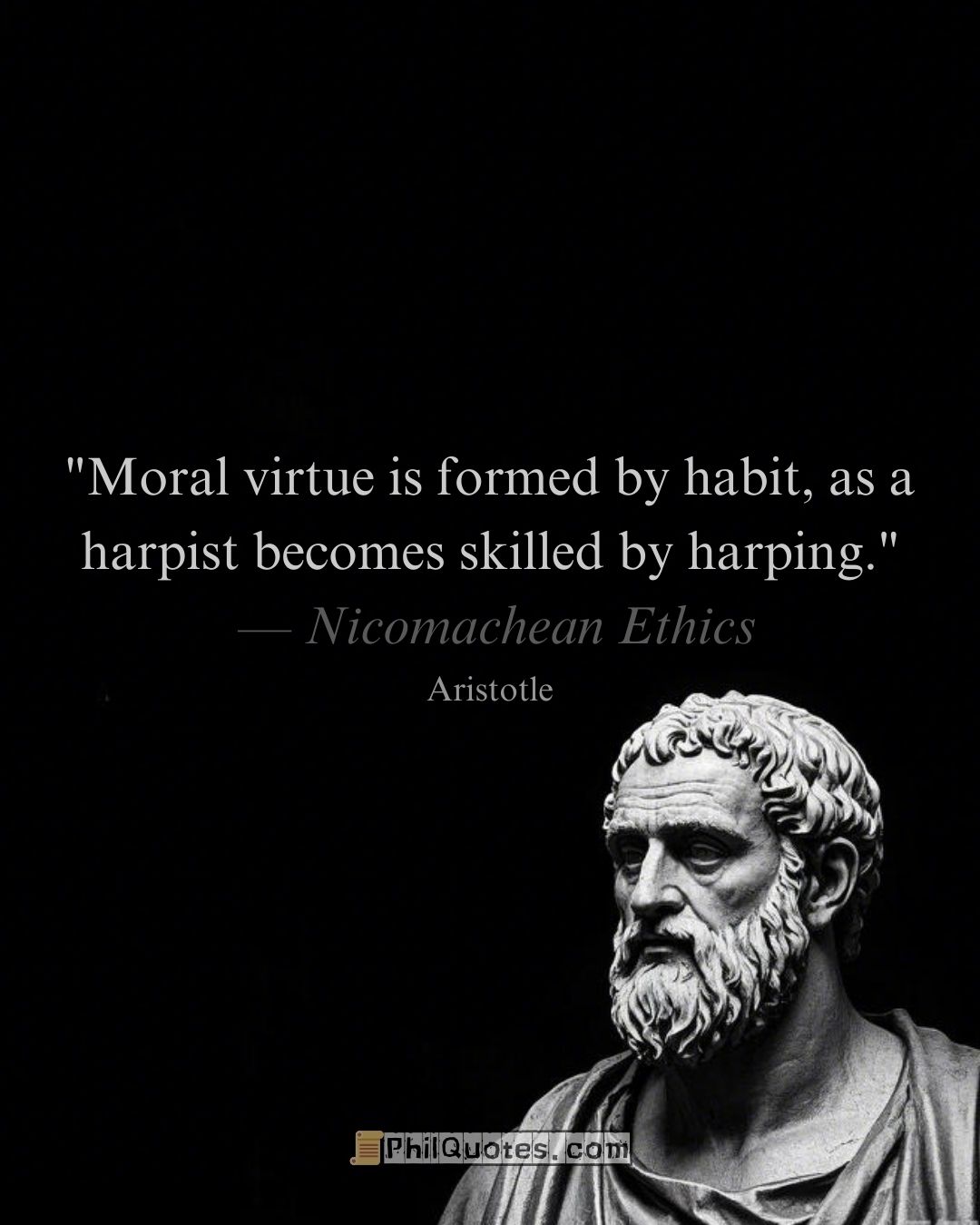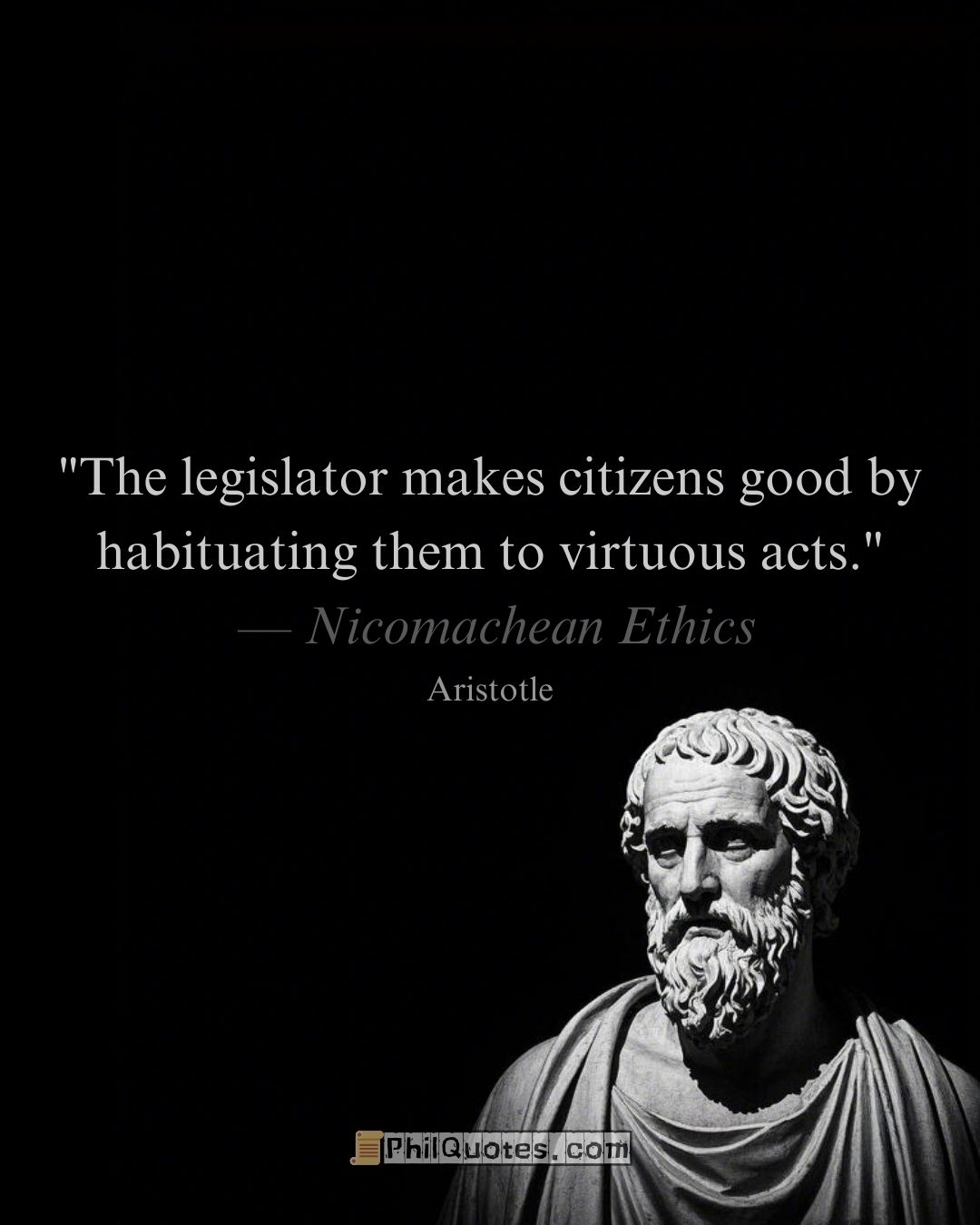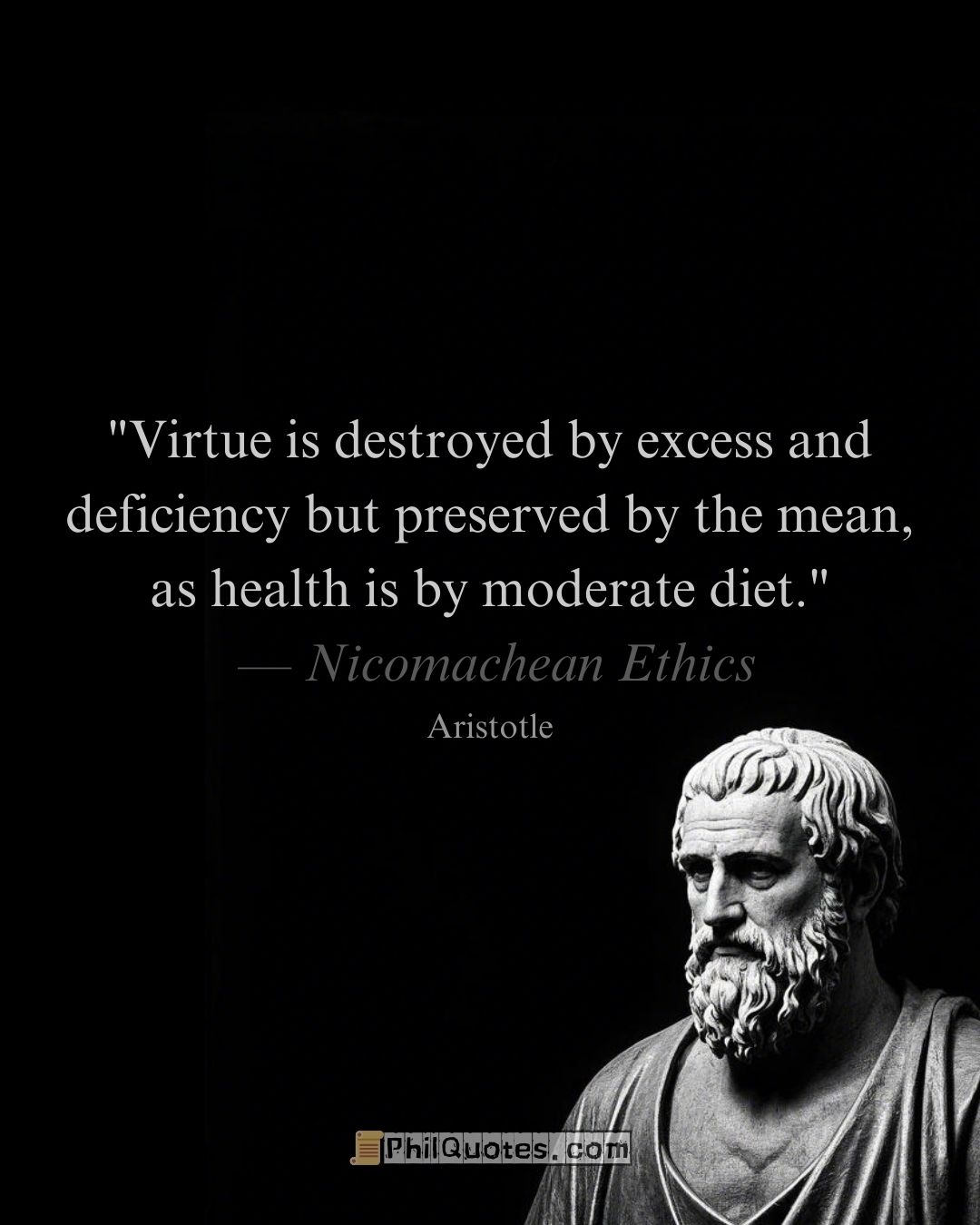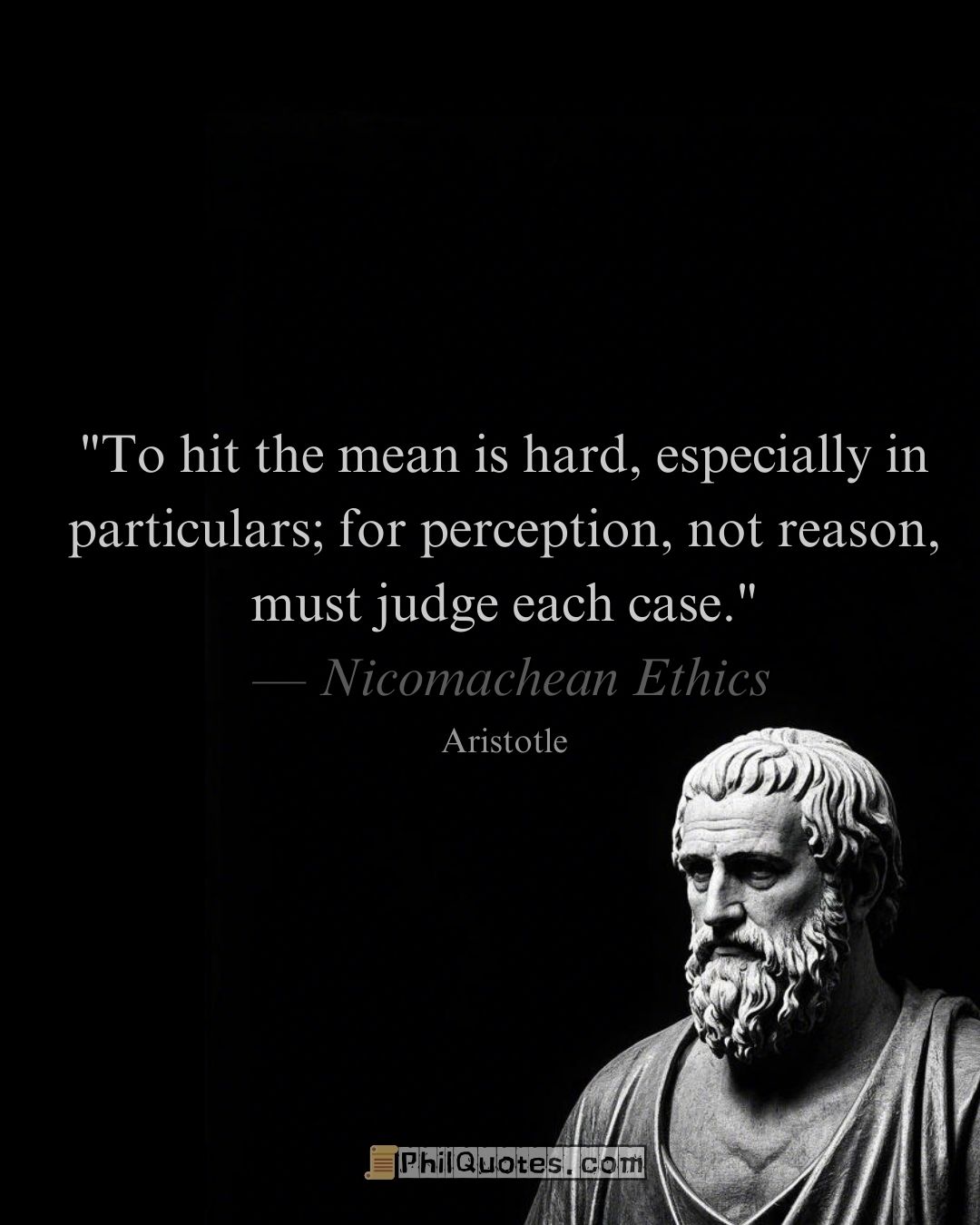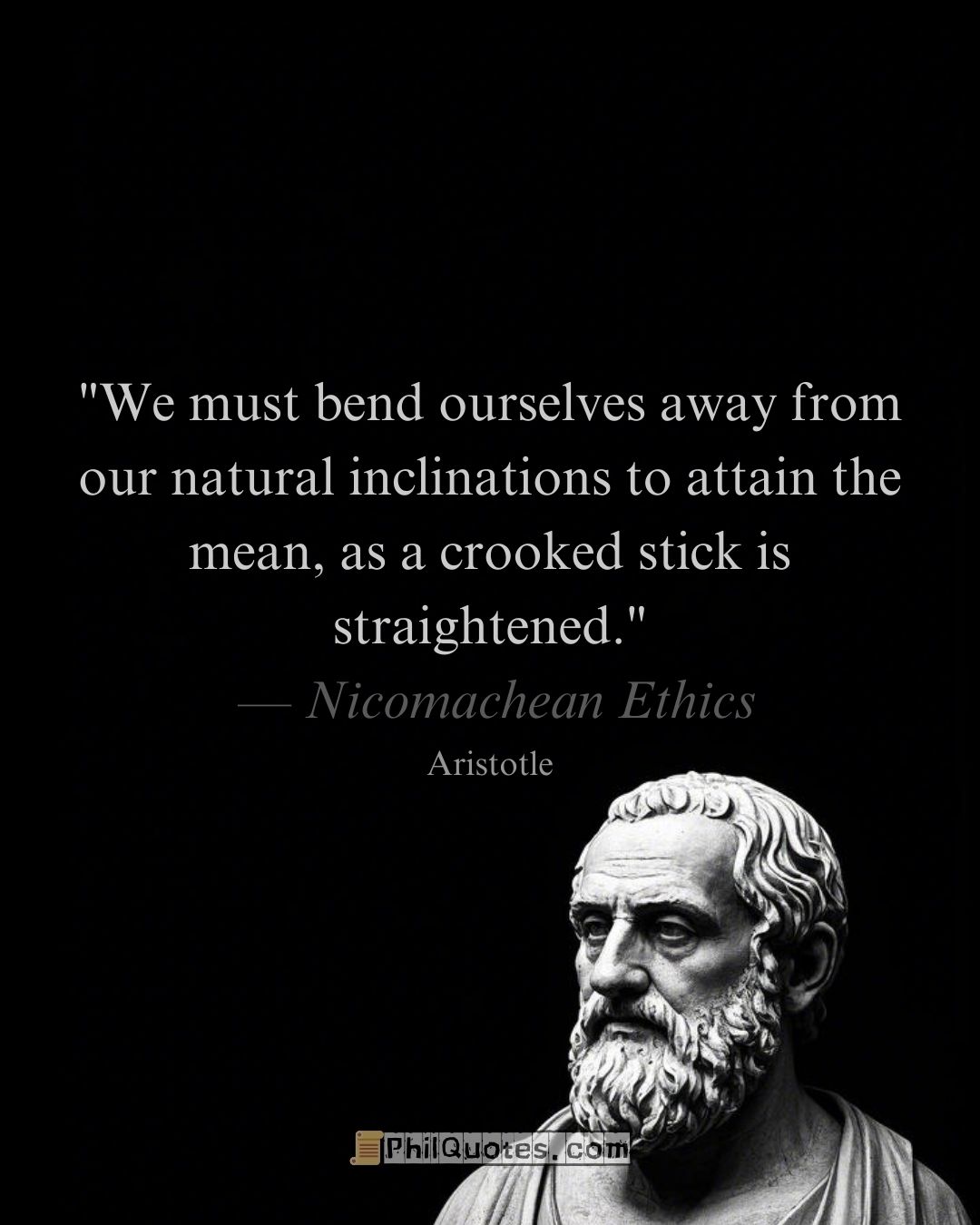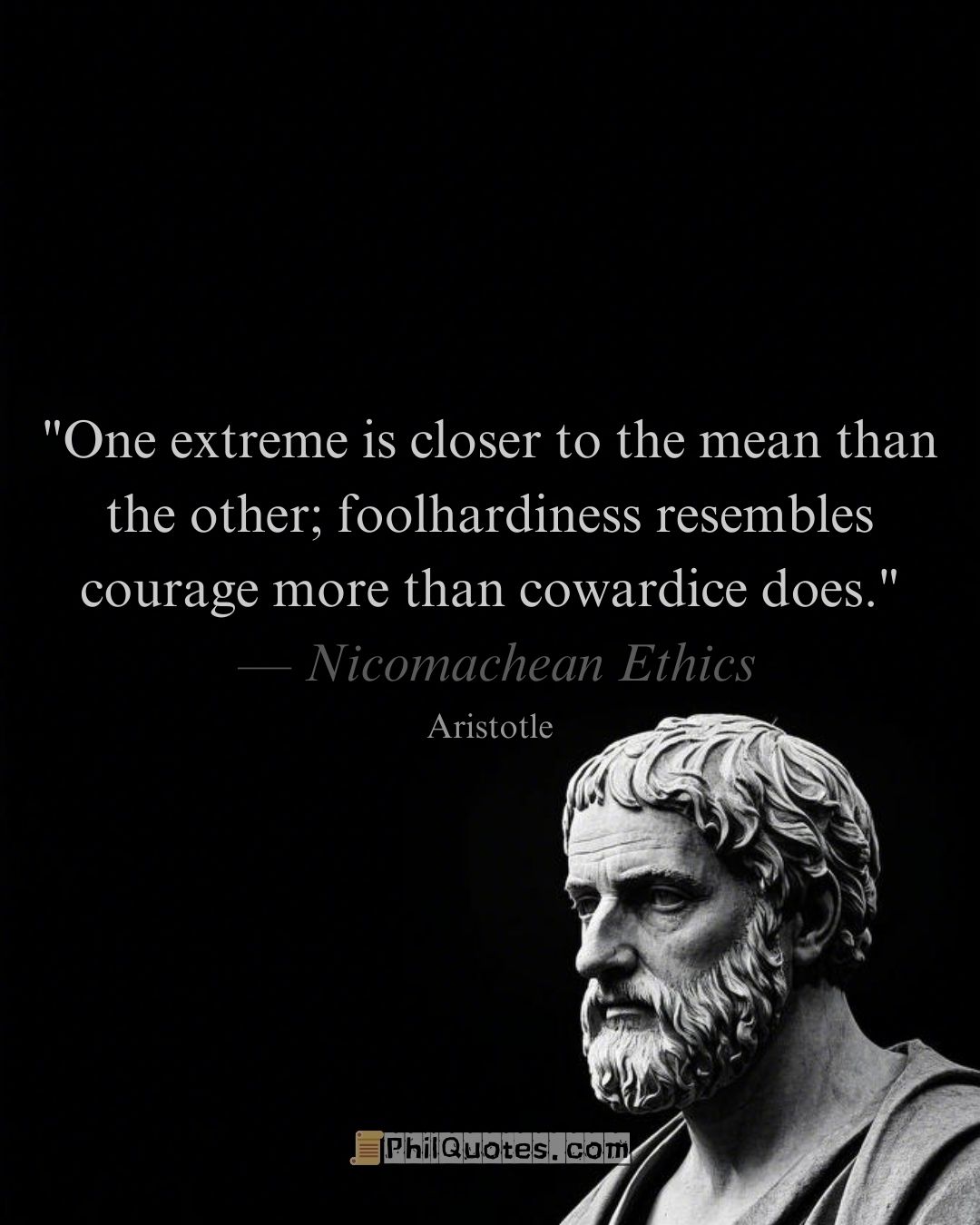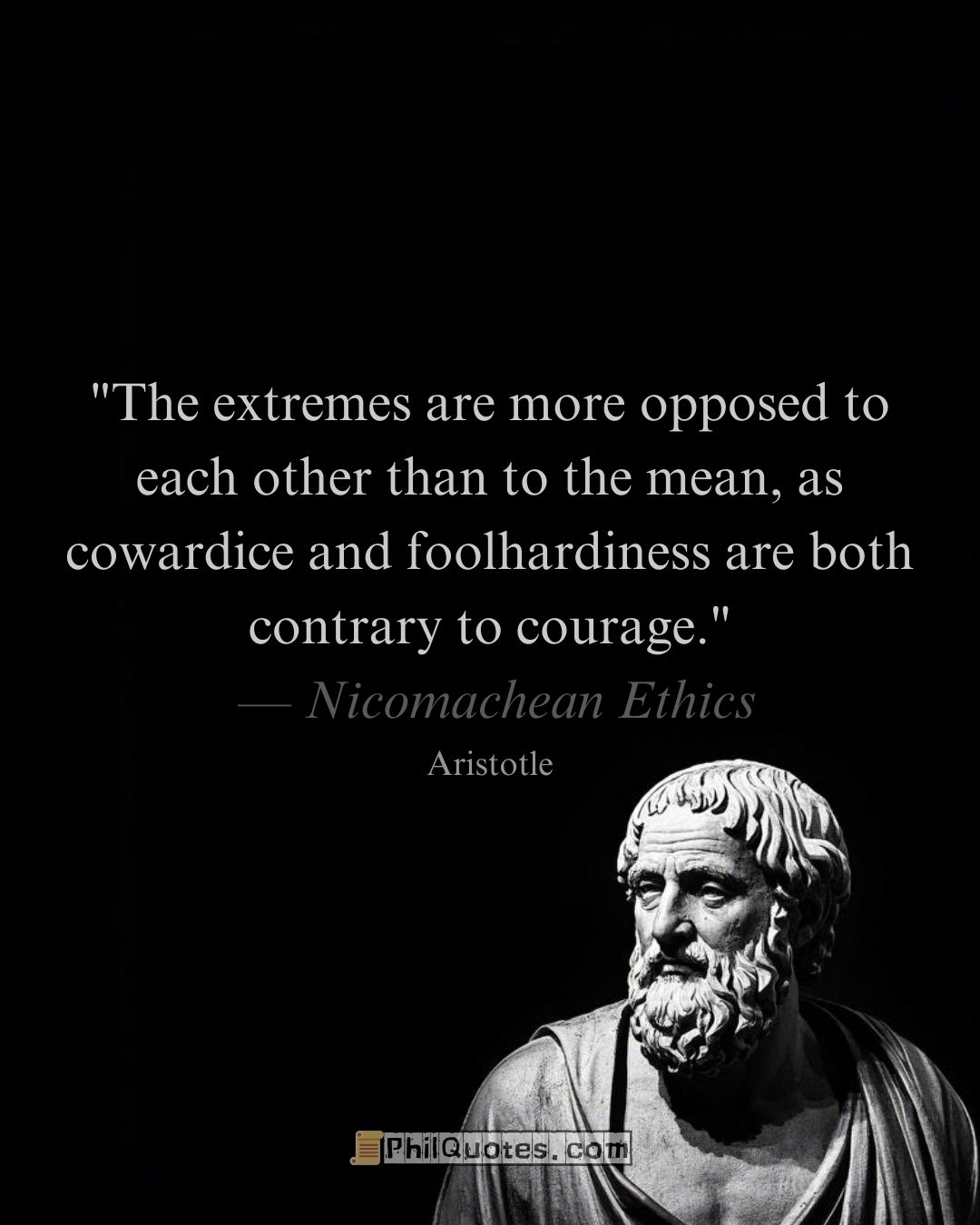Aristotle Nicomachean Ethics Quote:“Acts are called just or temperate only if done as a virtuous person would do them.”
“Acts are called just or temperate only if done as a virtuous person would do them.”— Aristotle, Nicomachean Ethics, Book II, Chapter 4(Translated by W.D. Ross) 🔍 Core Idea Ethical behavior is your life’s smart assistant — just as Siri fails without WiFi and intent, virtuous acts require wisdom (📡), intentionality (🎯), and integrity (🔒). … Read more
